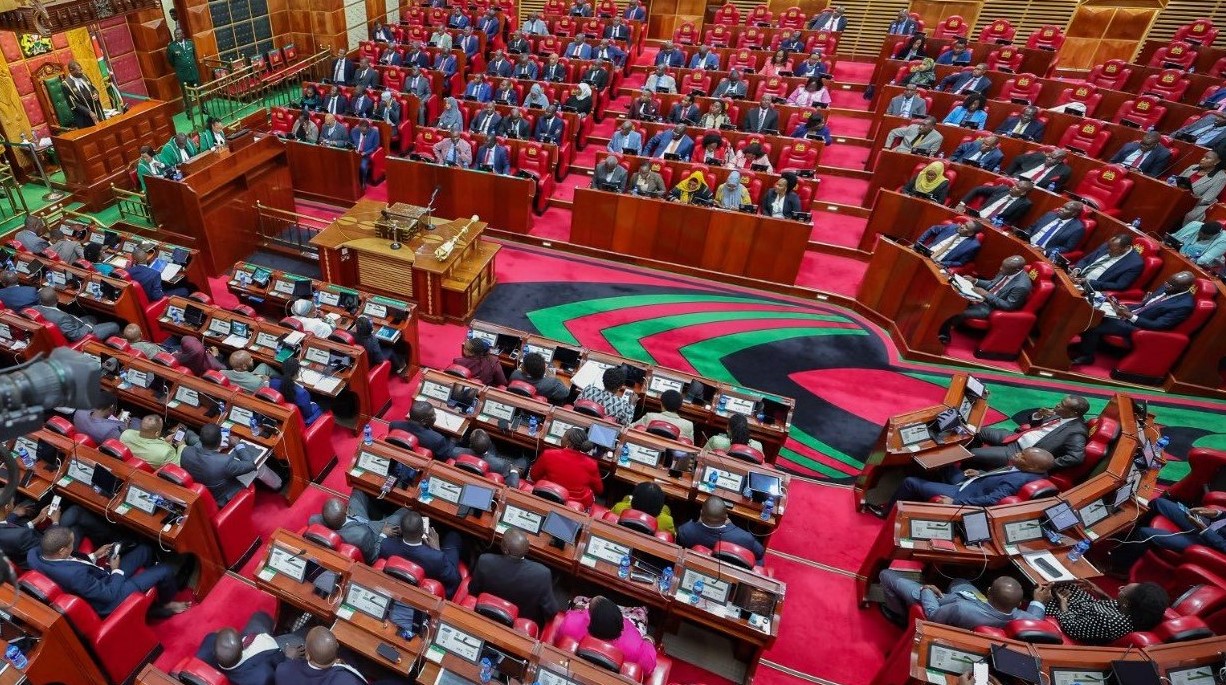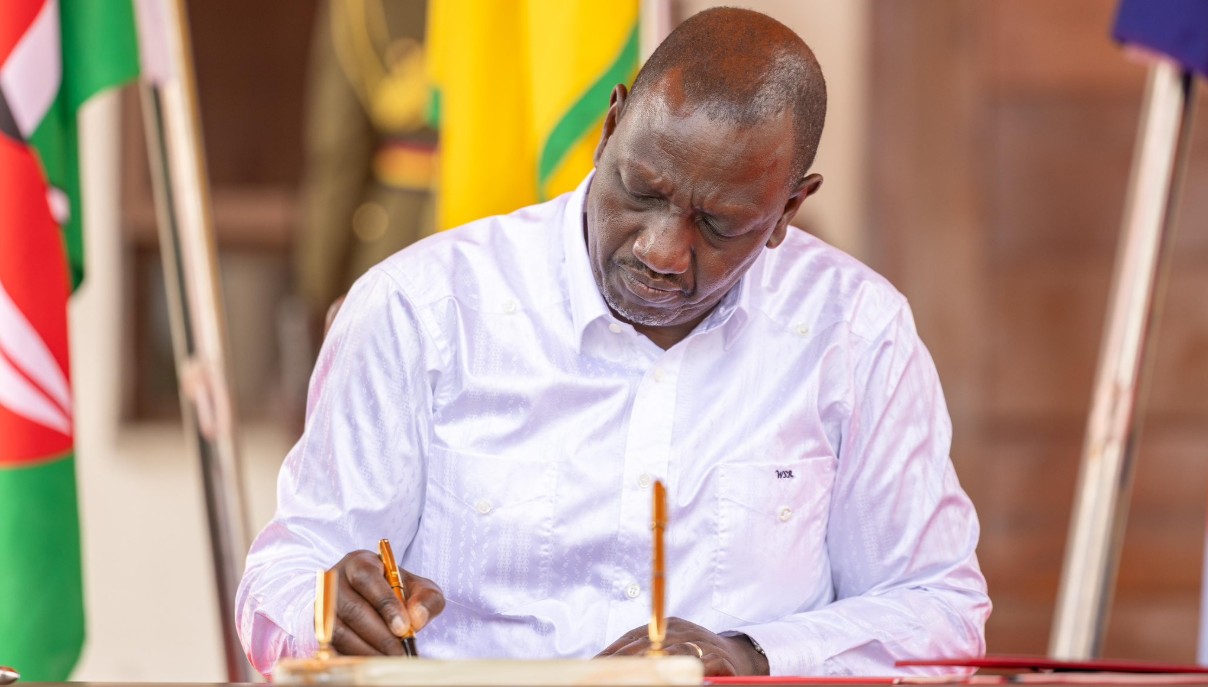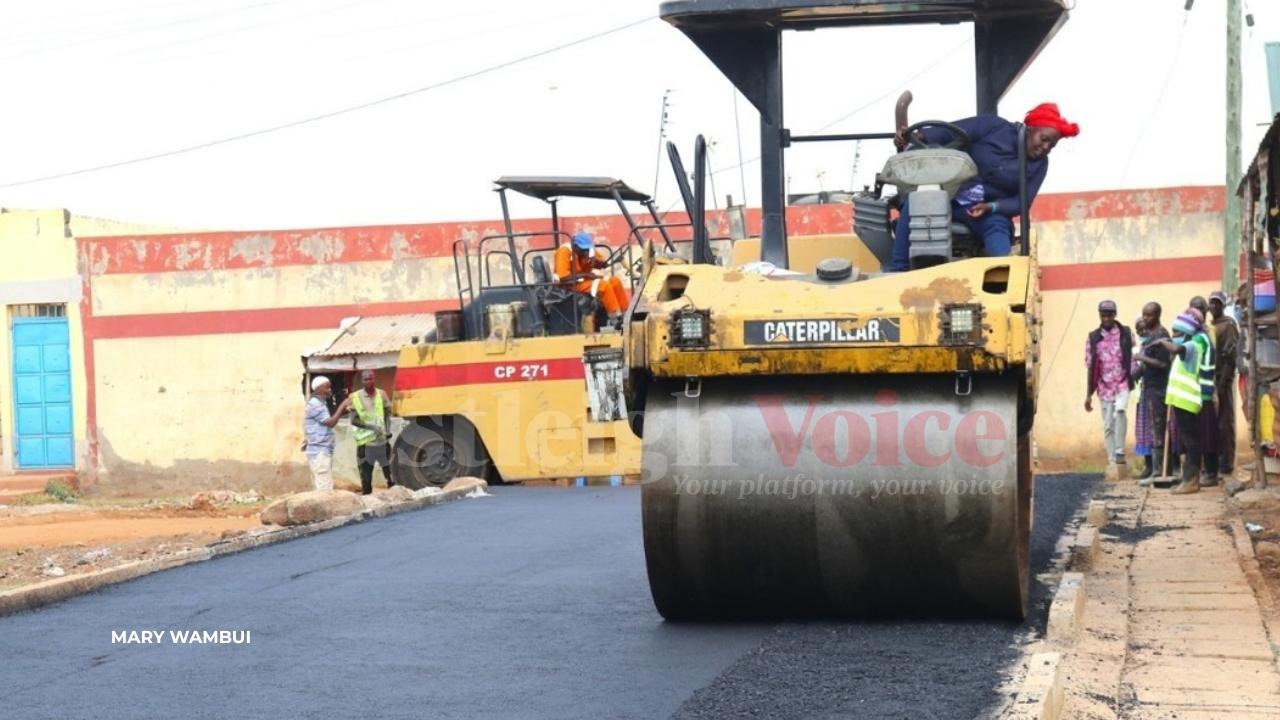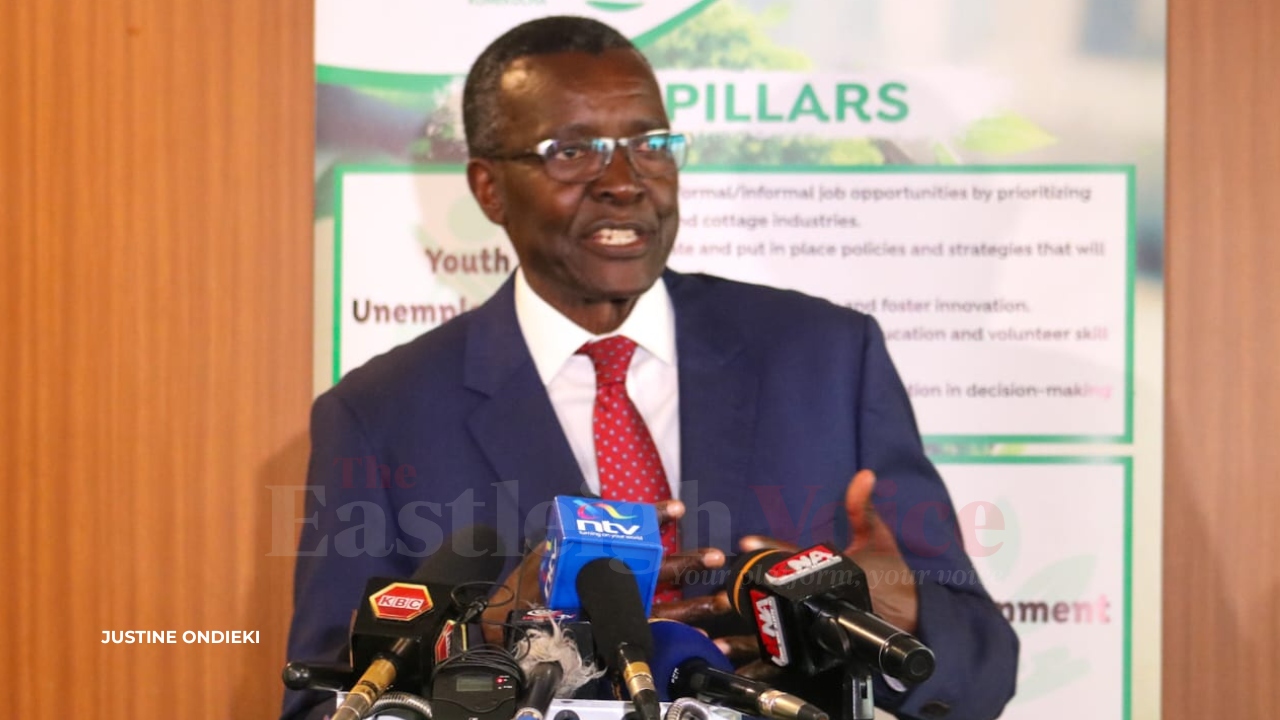Bill seeks to simplify MCA election disputes with final appeals at high court

The move is part of efforts to address concerns over delays and confusion in the election dispute process.
A new Bill before Parliament aims to simplify the process of handling disputes over the election of Members of County Assembly (MCAs).
The Elections (Amendment) Bill 2024 proposes that the High Court should have the final authority to decide appeals on the validity of MCA elections, preventing such cases from reaching the Supreme Court.
More To Read
- Committee uncovers neglect, poor management in MPs’ constituency offices
- Chebukati’s widow, Olekina, Osoro and Junet among 68 nominated for 2025 national honours
- MPs block plan to create new sextortion law
- Media Council urges MPs to fast-track amendments to strengthen journalism regulation
- MPs demand safe disposal of asbestos across Kenya
- Counties face huge gaps despite release of Sh3.7 billion roads levy funds
The move is part of efforts to address concerns over delays and confusion in the election dispute process.
Clause 29 of the bill, which is based on the National Dialogue Committee (Nadco) report, states, “The determination of the appeal on the validity of the election of an MCA by the High Court shall be final.”
Currently, the Elections Act allows appeals on the validity of MCA elections to be filed in the High Court on legal grounds, with a 30-day filing window and six months for determination.
Despite these provisions, many of these appeals have found their way to the Supreme Court, thus bypassing the intended speedy resolution process outlined in Article 87(1) of the Constitution. This provision grants Parliament the mandate to establish mechanisms for the timely settlement of electoral disputes.
While MPs are pushing to limit appeals for MCA elections to the High Court, the same restriction has not been proposed for their own elections. Section 85A of the Elections Act currently mandates that appeals from the High Court concerning the National Assembly, Senate, or county governors go to the Court of Appeal, but appeals related to the validity of election results for these positions have similarly reached the Supreme Court.
The Constitution, however, provides the Supreme Court as the sole body for hearing and determining presidential election petitions under Article 140, setting a distinct standard for the highest office in the country.
According to Article 164(3), the Court of Appeal is the designated authority for handling appeals related to the National Assembly, Senate, and county governors, leaving MCA election petitions outside of its jurisdiction.
Opponents of the new bill have raised constitutional concerns, particularly around the proposed restriction on the Court of Appeal’s jurisdiction for MCA election petitions. They argue that such a change may be seen as discriminatory, potentially violating Article 27(1) of the Constitution, which guarantees equality before the law.
Additionally, concerns have been raised about the potential conflict with Article 25, which safeguards the right to a fair trial, including the right to appeal.
Further, Section 86(1) of the Elections Act stipulates that the election court must report any election offences to the Independent Electoral and Boundaries Commission (IEBC), the Director of Public Prosecutions (DPP), and the relevant Speaker, who is responsible for confirming or altering the election results.
If an election offence is identified, the election court must also provide the accused with an opportunity to be heard before any report is filed.
The relevant Speaker is then tasked with publishing this report in the Gazette, and the IEBC is obligated to consider it when determining whether to remove the names of disqualified persons from the voter register.
Top Stories Today











































